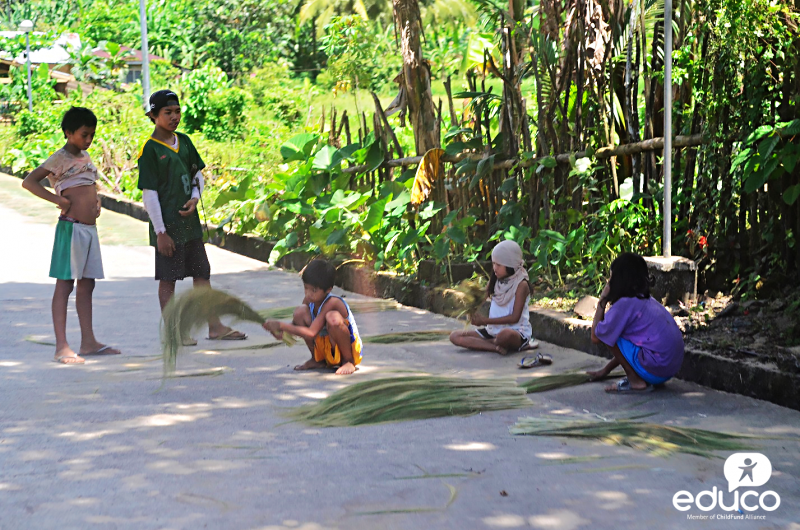This Independence Day, free children from labor
Children shouldn’t work in fields, but on dreams! This is the theme as the world commemorates the World Day Against Child Labor, which also coincides with the Philippine’s celebration of its 121st Independence Day.
June 12th marks the day the country declared itself free and independent, able to govern towards a future best fit for its people. But genuine freedom and independence is yet to be felt by millions of families across the country who remain with limited access to decent work that pays enough for a person to lead a life of dignity.

Poverty remains the primary reason children in Filipino families are forced out of schools and engaged in various forms of labor.
It’s been eight years since the government surveyed its young population as it faced the challenge set by the Sustainable Development Goal of eradicating the worst forms of child labor. In 2011, the Philippines recorded over three million children already working, of which two million are in hazardous and unsafe conditions.
According to this 2011 survey, the Bicol region reported the second highest incidence of child labor and wherein, 73% of child laborers cited ‘to help’ or ‘to supplement’ the family income as their reason for working. Educo released an education report in 2018 that corroborated the results of this survey, showing poverty as the ultimate reason for child labor. Child laborers eventually lose interest in school and dropout. Only 85% of boys (and 91% of girls) finish elementary school in Bicol. And of those, only about half finish high school.
Another study published on the CNU Journal of Higher Education from 2014 concluded that, “dropping out from school by working children takes effect when the income (is) not enough.”
To date, the regional offices of the Department of Labor and Employment are further tasked to profile and enrich the country’s information on child labor. As of 2018, based on DOLE V’s data, child labor is highest in the agriculture industry followed by services and other industry work. Children are part of producing rice, corn, bananas, rubber, sugarcane, and even tobacco. When it comes to non-crop production, Bicolano child laborers produce fashion accessories, fish, gold, pyrotechnics, and even pornography. UNICEF released their State of the World’s Children citing that the Philippines has become the top global source of child pornography in 2017.
Because of these, Educo has invested in strengthening structures that ensure child rights and child protection in communities around Bicol. More and more communities are becoming aware about the issues of children and how they can act collaboratively with their local government units and agencies to prioritize and address matters affecting the fulfillment of children’s rights and best interests.
On our Independence Day, Educo calls for action to free children from all forms of child labor – allowing them to dream and to live in a world where all children fully enjoy their rights and lead a life of dignity.



